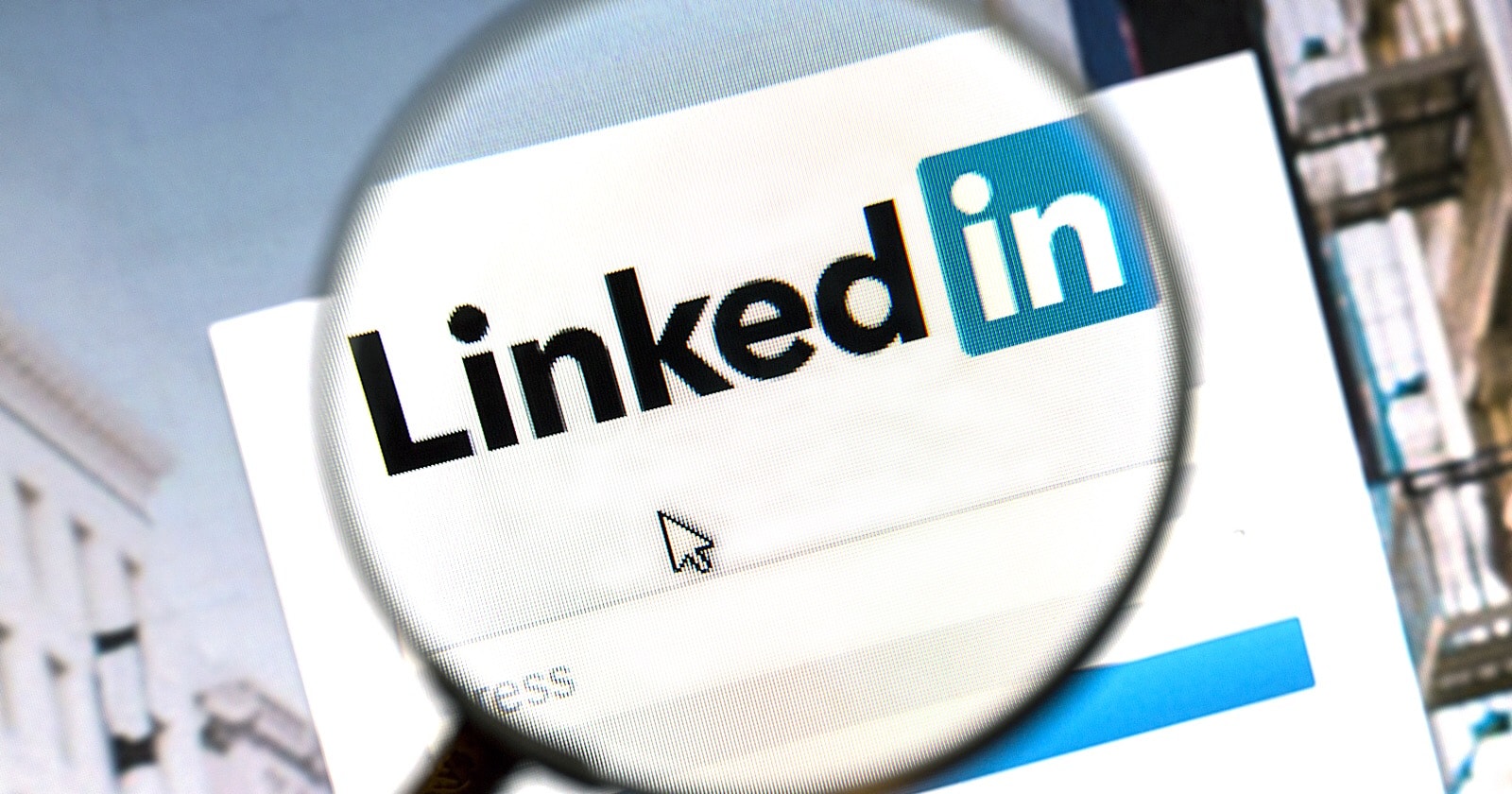
Bing Ads plans to roll out new functionality which will allow advertisers to target ads to LinkedIn audiences.
This was quietly announced by an administrator on the Bing Ads feature suggestion forum, who responded to post from December 2016 where a user suggested this idea:
“Now that Microsoft owns LinkedIn, I (and my B2B clients) would love to be able to target their massively valuable audiences. Please add these into Bing Ads so we can take over the world together.”
In a reply from June 4 of this year, an administrator stated “This functionality will be available before the end of the year.”
The ability to target LinkedIn audiences would be unique to Bing Ads, as it’s something that Google AdWords doesn’t offer. Given that Microsoft owns LinkedIn, it’s likely that Google isn’t in a position to offer the same type of functionality.
Moreover, targeting LinkedIn audiences could be a boon for B2B sales.
B2B advertiser Kirk Williams explains on Twitter why this would be more effective than simply running LinkedIn ads.
I see a few reasons. LinkedIn Ads are notoriously difficult for small B2B businesses because of the minimum CPCs. This gives smaller B2B biz access to LinkedIn audiences in a way they didn’t have.
— Kirk Williams (@PPCKirk) June 5, 2018
Also, those LinkedIn users are also searching at some point, being able to ID them as they search on Bing and up the bid for them with modifiers because they’ve been filtered is ****huge****. I.e., so much benefit beyond LinkedIN here.
— Kirk Williams (@PPCKirk) June 5, 2018
It’s also worth noting that Bing Ads started incorporating LinkedIn data into one of its advertising products that was introduced earlier this year called the Microsoft Audience Network.
The Microsoft Audience Network uses LinkedIn profile information, in combination with search and web activity, plus Microsoft demographic data, to serve the most relevant ad to the right person at the right time.
Advertisers can utilize the Microsoft Audience Network to target users by their LinkedIn profile information across a limited number of Microsoft-owned properties — such as MSN, Outlook, and the Edge browser.
The upcoming functionality will presumably be less limited in nature.






